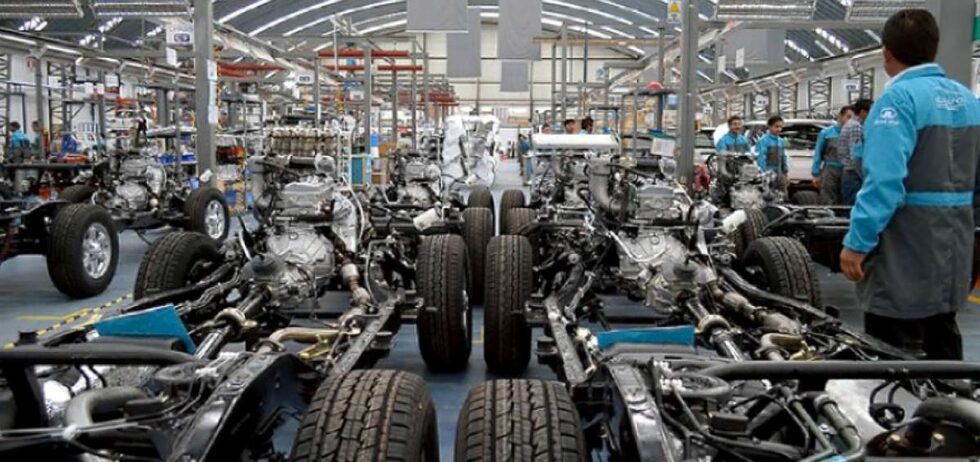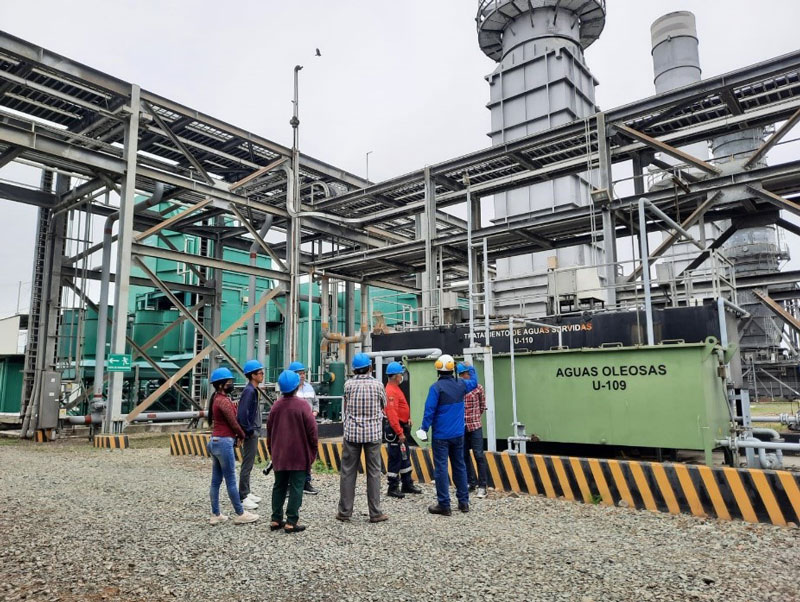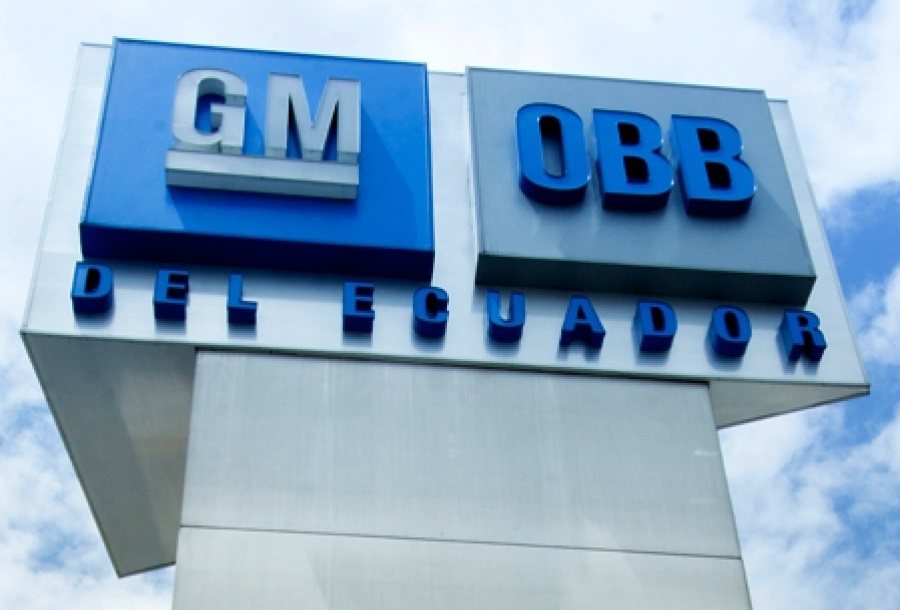Russia’s vaccine announcement highlights competition but will it really prove effective?
Russian President Vladimir Putin claimed Tuesday that Russian scientists achieved a breakthrough in the global vaccine race, announcing that the country has become the first to approve an experimental coronavirus vaccine and that his own daughter has already taken a dose.

Credit: El Universo
The announcement appears to claim victory in a race between China, the U.S., Russia and Great Britain, to introduce the first widely distributed vaccine.
Russian officials have pledged to administer the possible vaccine to millions of people this summer and fall — including tens of thousands of teachers and front-line health-care workers in the coming weeks, before even finishing clinical trials. The formula was developed by the Gamaleya Institute in Moscow. Officials say they have already reached agreements with Brazil and several other countries to deliver millions of doses within a matter of weeks.
But Russia’s hard charge toward a potential vaccine has raised alarm among global health experts that the country is jumping dangerously ahead of critical, large-scale testing that is essential to determine if a possible protection against the coronavirus is safe and effective. Few details of the Gamaleya research have been made public or have undergone peer review.
Russia’s Health Ministry did not respond to requests for comment, and the Gamaleya Institute referred an interview request to the ministry.
Konstantin Chumakov, a member of the Global Virus Network, an international coalition working on viral threats, said “it is scientifically impossible to prove efficacy” without widespread trials, known as Phase 3.
“Using it in general population before the results of Phase 3 trials are fully studied is a gamble,” he said. “A Russian roulette, if you will.”
The vaccine is named Sputnik V — a reference to the first orbital satellite, which was launched by the Soviet Union in 1957 and set off the global space race. The name also evokes how Putin’s government has seen the vaccine race as a point of national pride and competition on a global scale, with labs in the United States, Europe, China and elsewhere also in the hunt for a potential vaccine.
Russia’s announcement comes amidst growing concerns that a vaccine will have less impact on stopping the virus than originally hoped. Due to the nature of coronaviruses, an increasing number of researchers say a vaccine will only be 60 to 70 percent effective and then only protect people for a matter of months. Another concern is that less than a third of the world’s population is expected to be inoculated, according to several European studies.

















